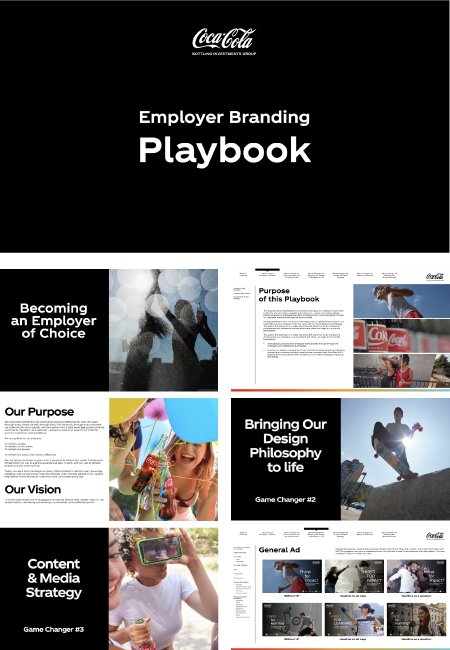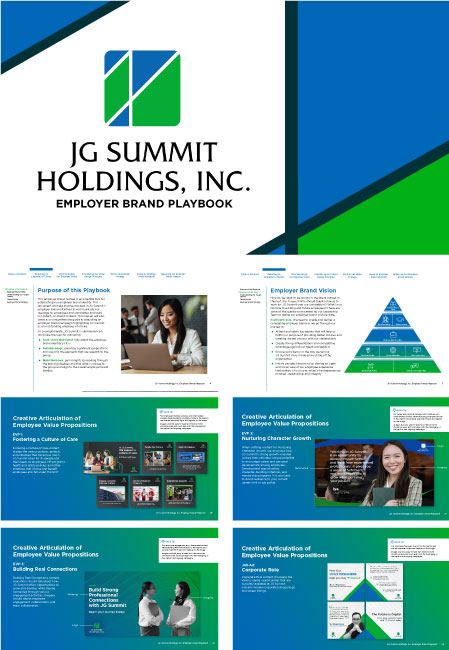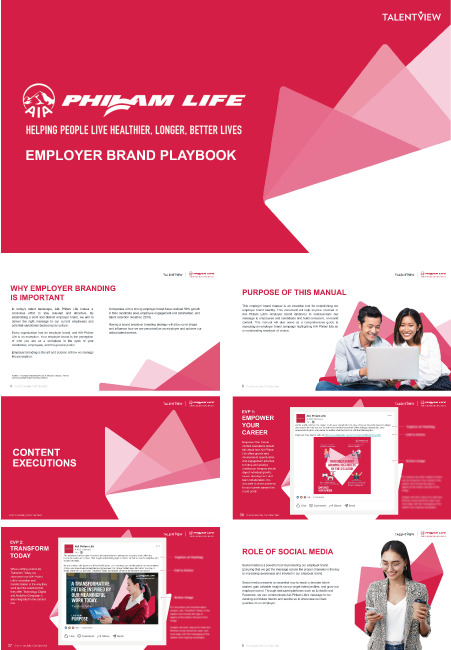Helping Struggling Employees Adjust to Working Remotely
Since working from home is the “new normal,” other employees encounter struggles that are affecting their work performance. For employees who are already accustomed to working in the office, the transition to a work-from-home arrangement may be tough. It is not just because their workspace will be different, but many other factors can distract them from working, including the current pressure and worry of the pandemic.
As a business leader, how would you manage your struggling employees and what are the things that you can do to alleviate the situation?
Here are some guidelines for helping your employees adjust:

Assess the situation
Find out and understand what is going on. A key problem could be under-performance in your team. Before you plunge and reprimand someone, stay calm and assess the situation. Although the standard reasons for under-performance are either insufficient skills, lack of initiative or poor attitude, there are likely other factors that you have to find out due to the new challenges during this crisis. When you are at this stage, try to answer the following questions:
What are the employee’s struggles?
In some instances, the performance may be due to personal or work-related issues, figuring out what is impacting their work is key to solving the issue. Try to identify the various reasons that might have been affecting your under-performing employee, working from home induces both technical and self-management challenges. There may also be personal struggles or problems that they are encountering because of the new working arrangement. All of these could be factors that impact, their poor performance at work.
Do your organisation’s policies respond to the employees’ current situation?
The organisation itself might be impacting the problem. You can revisit the processes of your organization and assess if these are contributing to the complexity of one’s work pushing them to under-perform in the current set up.
What is your responsibility?
Accountability is a good trait of a great leader. You also have to take responsibility for the under-performance of your employee. Reflect on if you were able to give the right direction, set the feasible expectations and realign targets and expectations. Figuring out how you have guided them through this change in the working environment previously will help you understand how to improve your guidance.
Express empathy but set a limit
A good business leader will express empathy and understanding for their staff, especially as acknowledging the hardships and the emotions of the under-performing employee can give them an impression that you care for them as an employee. But of course, you have to set the records straight that you wanted to solve the problem with them and that you are there to help. Assert authority as a manager and leader while respecting the employee’s feelings. This can be harder to do during virtual meetings but you have to try. Balancing empathy and professional distance can be difficult as a manager, but it is essential for employee and business development.

Let them be part of the solution
You need to engage the under-performer in a series of problem-solving sessions where they will analyse the results of their shortcomings and the lessons they have learned. Involving them in the solution provides them with the opportunity to identify the issues and come up with solutions that will work for them, you cannot simply command them to change their approach, you need to help them do so; emphasising that in every challenging situation, there is a learning curve. Working in isolation can worsen a person’s ability to adapt and learn from their mistakes. As a business leader, you must step in and take the journey with them towards becoming a more productive asset of the organisation.
Managing someone who struggles with the current situation can be tough especially if that person holds a critical role in the organisation. But, with utmost patience and better understanding, you can surely get on your feet and help your employee become the best they can be even in a remote work environment.
This article first appeared on Talegent website:
https://talegent.com/blog/helping-struggling-employees-adjust-to-working-remotely/
DOWNLOAD A SAMPLE TALEGENT EMOTIONAL INTELLIGENCE REPORT

get the report to see how Talegent can help you predict a candidate's EMOTIONAL INTELLIGENCE at work.
















